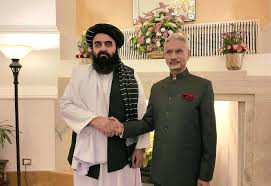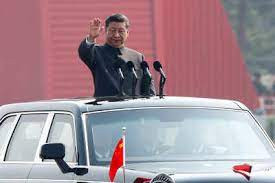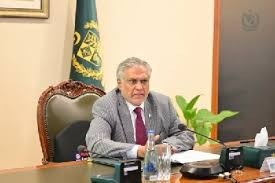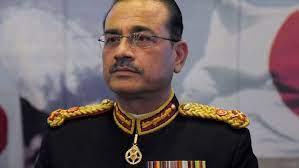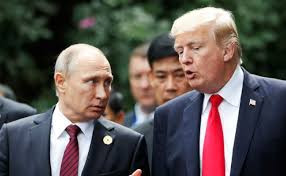Iran Strikes Back: Missile Attacks on Israel Kill 5, Leave Dozens Injured Amid Soaring Regional Tensions
IIE DIGITAL DESK : Iran launched a barrage of missile and drone strikes on Israeli territory late Sunday night, killing at least five people and wounding dozens more. The attack comes just days after a top Iranian Revolutionary Guards commander, General Hassan Mahdavi, was killed in an Israeli airstrike near Damascus — an incident that Iran had vowed would “not go unanswered.”
According to Israeli authorities, the coordinated attack began shortly after midnight, targeting both military and civilian infrastructure. Explosions were reported in Tel Aviv, Haifa, and several parts of southern Israel. The Israeli Defense Forces (IDF) confirmed that ballistic missiles and armed drones were used in the assault, some of which were intercepted by the Iron Dome missile defense system. However, several projectiles managed to break through, causing significant damage and casualties.
Among the dead are two civilians in Ashkelon, a soldier stationed near the Golan Heights, and two foreign workers near a logistics facility close to Beersheba. Over 50 others have been treated for injuries ranging from burns to shrapnel wounds, with hospitals in Tel Aviv and Jerusalem placed on high alert.
IRNA, hailed the operation as a “decisive and legitimate response” to Israel’s aggression. In an official statement, the Islamic Revolutionary Guard Corps (IRGC) said it had targeted Israeli “military positions, intelligence centers, and command hubs responsible for crimes against Iranian personnel.” The IRGC warned that “any further hostile moves by the Zionist regime will be met with even more powerful strikes.”
Iran’s Supreme Leader Ayatollah Ali Khamenei praised the operation, stating that the Iranian people had delivered a “resounding message” that its sovereignty and martyrs will not be trampled without consequences. He further urged “all freedom-seeking nations” to unite against what he called “Zionist aggression and Western hypocrisy.”
The Israeli government held an emergency cabinet meeting in the early hours of Monday. Prime Minister Benjamin Netanyahu condemned the Iranian strikes as an “act of war” and promised a forceful and calculated response. “We will not allow any harm to our people to go unanswered,” Netanyahu said, emphasizing that the Israeli military has been authorized to respond “at the time and place of our choosing.”
The IDF has since raised its alert level nationwide and has deployed additional units to key border areas. Schools in central and southern Israel were closed for the day, and public events have been suspended until further notice. The Israeli Air Force was seen conducting low-altitude flights over Gaza and southern Lebanon in the hours following the Iranian strikes, fueling speculation that retaliatory action may be imminent.
International reaction to the escalation has been urgent and cautious. The United Nations Secretary-General António Guterres called for immediate de-escalation, stating that the region stands on the brink of a wider conflict. The United States, Israel’s staunchest ally, condemned the Iranian strikes but has also urged restraint, fearing a larger regional war that could draw in Lebanon, Syria, Iraq, and beyond.
Russia and China, both of whom maintain ties with Iran, expressed concern over the outbreak of violence and called for diplomatic dialogue. Meanwhile, European Union officials warned that the escalation could jeopardize critical talks over Iran’s nuclear program and broader regional stability.
This latest development marks a dangerous chapter in the ongoing shadow war between Israel and Iran. While both countries have engaged in proxy battles and cyberwarfare for years, this direct exchange of deadly force represents a sharp escalation with potentially global consequences. Observers note that further retaliatory moves on either side could spiral into a full-blown regional conflict involving multiple actors and further destabilizing an already fragile Middle East.
As both nations prepare for the next move, the world watches with anxiety, hoping that diplomacy will prevail over the drums of war.
You might also like!


